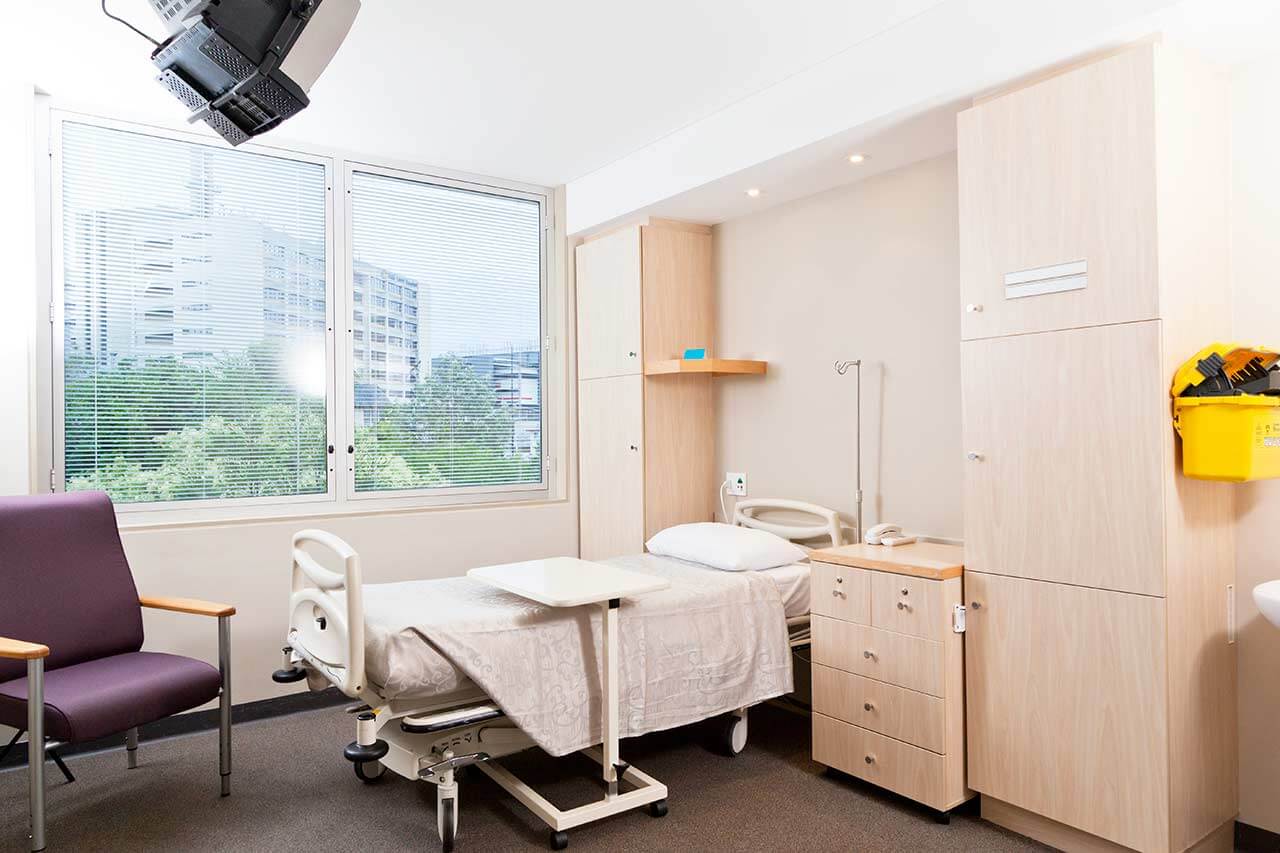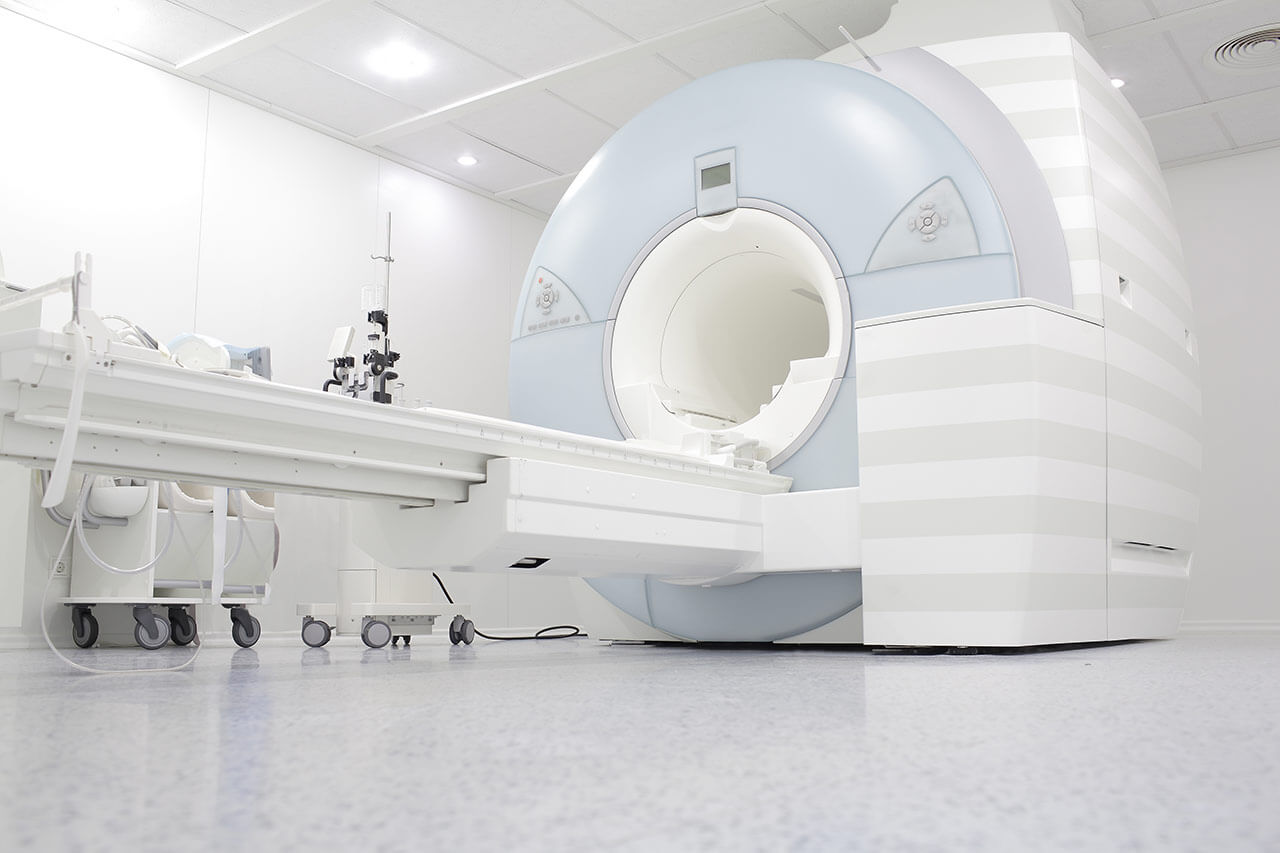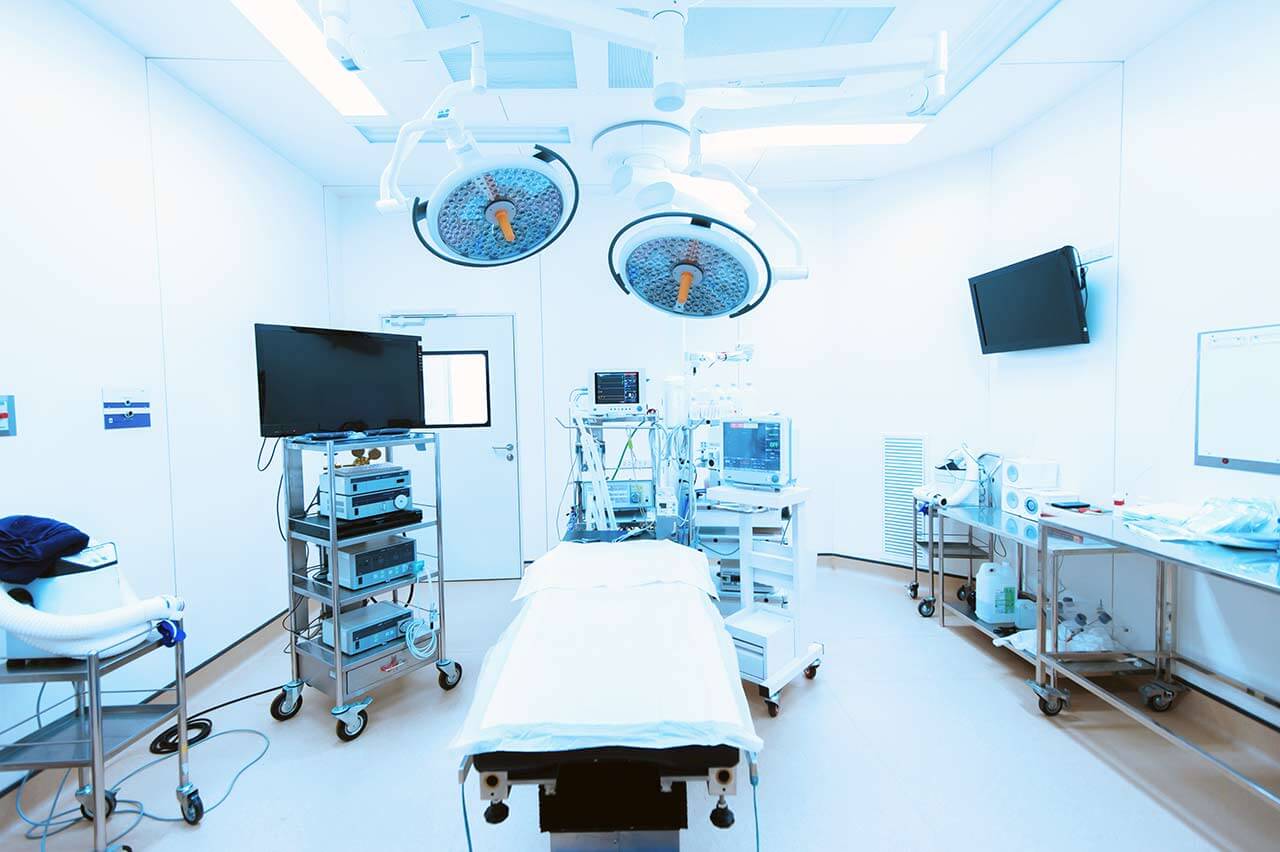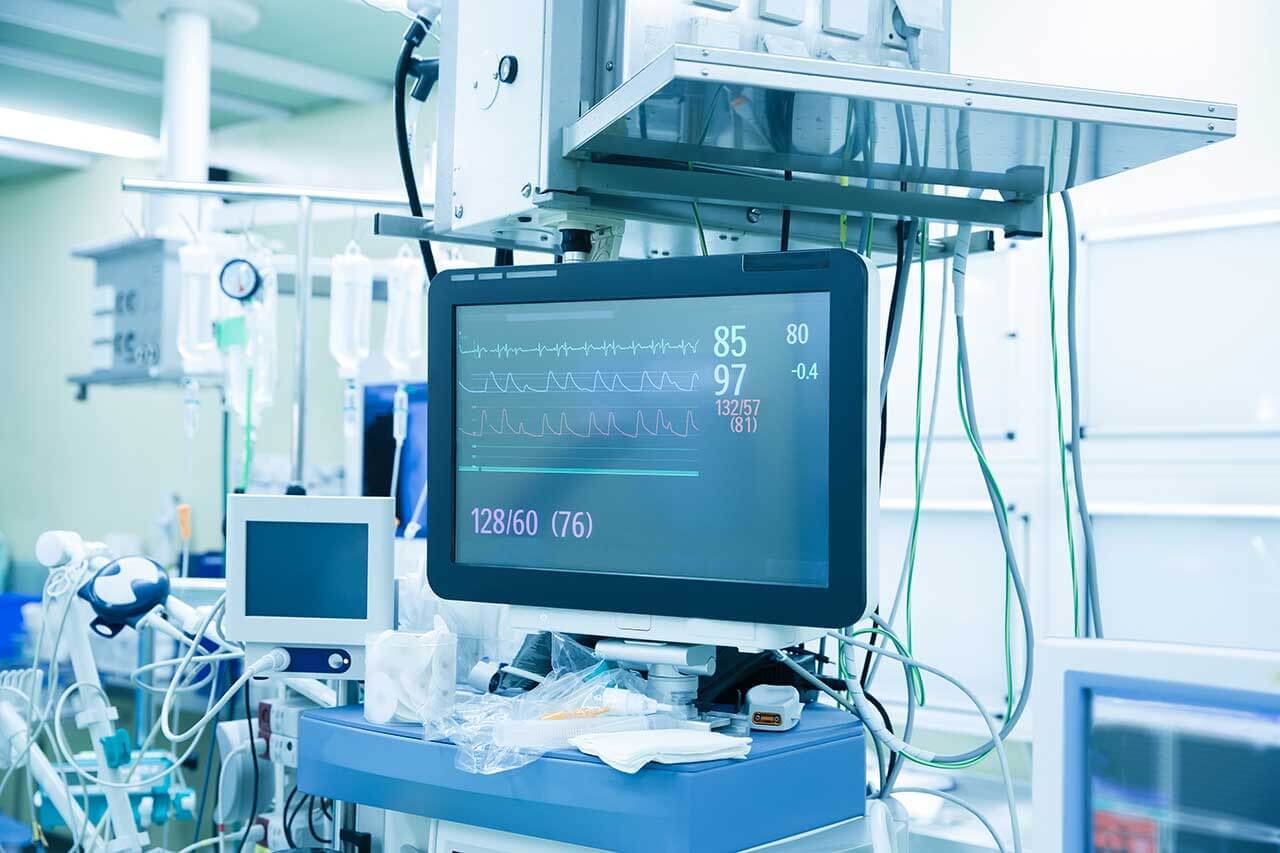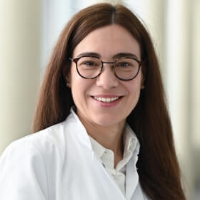
The program includes:
- Initial presentation in the clinic
- clinical history taking
- review of medical records
- physical examination
- laboratory tests:
- complete blood count
- biochemical analysis of blood
- Lipid metabolism (HDL/LDL, cholesterol,
triglycerides Lip(a), homocysteine) - blood coagulation analysis (aPTT, PT, INR)
- inflammation indicators (CRP, ESR)
- metabolic status (uric acid, total glucose, HbA1c)
- cardiovascular disease risk markers
- kidney function test (creatinine, urea)
- color doppler echocardiography
- color doppler sonography of cerebral peripheral vessels
- duplex peripheral arteries
- CT/ MRI-angiography of carotid vessels
- preoperative care
- thromboendarterectomy of carotid artery
- blood transfusions (if needed)
- 1-day intensive care unit stay
- symptomatic treatment
- control examinations
- the cost of essential medicines and materials
- nursing services
- full hospital accommodation
- developing of further guidance
Required documents
- Medical records
- Ultrasound scan and angiography (if available)
Service
You may also book:
 BookingHealth Price from:
BookingHealth Price from:
About the department
The Department of Adult and Pediatric Vascular, Endovascular Surgery at the University Hospital Rechts der Isar Munich offers the full range of classical and endovascular surgical interventions on the blood vessels. The department specializes in the treatment of patients with acute and chronic diseases of the arteries and veins, circulation disorders in the extremities, pathological changes in the carotid arteries, venous diseases and other pathologies. The patients' health is in the safe hands of a competent team of doctors and nursing staff. Surgeries and interventional procedures on the blood vessels are performed in well-equipped operating rooms that meet current hygiene and safety requirements. The department has 38 beds. The department's medical team annually admits more than 1,400 inpatients and about 7,000 outpatients. The department has been carrying out successful clinical activities for over 25 years and during this time has gained a reputation of one of the best medical facilities of this kind in Germany. The department is headed by Prof. Dr. Dr. med. Daniela Branzan.
To improve the effectiveness of treatment, the department has been operating an ultramodern hybrid operating room since 2012, in which open and endovascular interventions are performed with the use of a high-resolution angiography system and under the guidance of other imaging devices. This is especially important when performing endovascular operations for the treatment of aortic diseases, coronary artery bypass grafting and primary endovascular interventions. The treatment is provided in accordance with national and international guidelines.
The department's vascular surgeons often perform abdominal aortic aneurysms. As a rule, the disease is asymptomatic at the early stages. With the progression and the absence of timely treatment, aortic rupture often occurs, which can be fatal. In some cases, the department's doctors recommend not to take any therapeutic measures, but to undergo regular diagnostic examinations in order to monitor the condition of the aneurysm. If the patient still needs a surgical intervention, then the most effective type of surgery is determined based on his medical history and general health condition, namely open or endovascular one. In the first case, laparotomy is required, which entails serious surgical risks. When performing the endovascular intervention, surgeons make only two small skin incisions in the groin, thereby significantly reducing the load on the heart, and postoperative recovery becomes faster.
Another common diagnosis in the department's clinical practice is carotid artery stenosis. In the case of this pathology, the patient also has no symptoms, therefore, it is most often diagnosed by chance, during the diagnostics for other reasons. An ultrasound scan is sufficient to confirm the diagnosis. The pathology several times increases the risk of stroke, which can lead to disability or death. The department's specialists offer two treatment options for carotid artery stenosis – carotid endarterectomy and stent implantation. Both operations can be performed using minimally invasive techniques, which is of great benefit to patients. The doctor determines the optimal type of surgical intervention based on the stage of the pathology and the patient's general health condition.
The department provides effective treatment of occlusive peripheral arterial disease and varicose veins, as well as performs procedures for dialysis access formation. Preference is always given to operations using endovascular and hybrid surgical techniques. Open surgery is the last-line treatment.
The department's range of medical services includes:
- Diagnostics and treatment of abdominal aortic aneurysm
- Diagnostics and treatment of carotid artery stenosis
- Diagnostics and treatment of occlusive peripheral arterial disease
- Diagnostics and treatment of arterial embolism, thrombosis
- Diagnostics and treatment of varicose veins
- Diagnostics and treatment of deep vein thrombosis of the lower extremities and pelvis
- Diagnostics and treatment of blood circulation disorders in the kidneys and intestines
- Diagnostics and treatment of vascular diseases and vascular malformations in children
- Diagnostics and treatment of vascular compression syndromes
- Formation of shunts in patients requiring dialysis
- Other medical services
Curriculum vitae
Higher Education and Postgraduate Training
- 2002 Doctorate in Medicine, Iuliu Hatieganu University of Medicine and Pharmacy, Romania.
- 2002 Admission to medical practice, Romania.
- 2008 Admission to medical practice, Germany.
- 2009 Board certification in Vascular Surgery.
- 2011 Board certification in Phlebology.
- 2022 Habilitation in Vascular Surgery.
- 2022 Associate Professorship, Department of Vascular Surgery.
- 2024 Full Professorship, Department of Vascular Surgery.
Professional Career
- 2003 - 2006 Resident, Department of Vascular Surgery, University Hospital Cluj-Napoca, Romania.
- 2006 - 2011 Resident, Department of Cardiovascular Surgery and Department of Angiology, Heart Center Bad Krozingen, Germany.
- 2011 - 2014 Senior Physician, Department of Vascular Surgery and Angiology, Helios Park Clinic Leipzig, Germany.
- 2014 - 2018 Senior Physician, Section for Vascular Surgery, Department of Abdominal, Thoracic, Vascular and Transplant Surgery, University Hospital Leipzig, Germany.
- 2018 - 2024 Head Physician, Section for Vascular Surgery, Department of Abdominal, Thoracic, Vascular and Transplant Surgery, University Hospital Leipzig, Germany.
- Since 2024 Head Physician, Department of Adult and Pediatric Vascular, Endovascular Surgery, University Hospital Rechts der Isar Munich, Germany.
Photo of the doctor: (c) Klinikum rechts der Isar der Technischen Universität München
About hospital
The University Hospital Rechts der Isar Munich was founded in 1834. It combines long traditions with the very latest advances in modern medicine. The medical facility includes 33 specialized departments and 20 interdisciplinary centers, where patients can receive top-class medical care in all medical fields.
The hospital annually admits more than 65,000 inpatients for diagnostics and treatment, and about 250,000 outpatients receive effective medical care. The hospital also performs more than 40,000 surgical procedures every year, and about 2,100 babies are born here annually. One of the most significant achievements of the medical facility can be called the first transplantation of both arms above the elbow performed in 2008. The surgery that lasted 15 hours, and in which 40 doctors of various medical specialties took part, became a real sensation in the scientific world. Thanks to a unique surgical procedure, the doctors managed to give the patient new hands.
In addition, the employees of the hospital are actively involved in research activities, in which they study various diseases, as well as develop new therapeutic options for their treatment. It should be noted that the research institutes of the hospital are among the most reputable research organizations in the world. A striking example can be considered the Roman Herzog Comprehensive Cancer Center, whose specialists cooperate closely with the Comprehensive Cancer Center Munich in order to find new treatment methods for cancers.
The university hospital has a strict quality management system to maintain a high level of patient care. Since 2011, the hospital has been certified in accordance with DIN EN ISO 9001:2015 at the national and international level. The medical facility was also recertified by TÜV Rheinland in 2020.
The hospital annually provides medical services not only to German citizens, but also to thousands of patients from different countries of the world. This indicates that the hospital has an excellent reputation in the international medical arena and takes on the most complex clinical cases where other medical centers are unable to help the patient.
Photo: (с) depositphotos
Accommodation in hospital
Patients rooms
The patients of the University Hospital Rechts der Isar Munich live in comfortable single and double rooms with modern design. An accompanying person may stay with the patient in the single room. All patient rooms have an ensuite bathroom with shower and toilet. The furnishings of a standard patient room include an automatically adjustable bed, a bedside table for personal belongings, a table and chairs for receiving visitors, a wardrobe, a telephone and a TV. The patient rooms also have Wi-Fi.
The hospital also has enhanced-comfort rooms, corresponding to the level of a high-end hotel. Such patient rooms have additional amenities: a safe, a mini fridge and upholstered furniture.
Meals and Menus
The patients of the hospital are offered a balanced and healthy three meals a day: breakfast, lunch and dinner. The patients have a choice of three different menus for lunch – a classic full menu, as well as a dietary and vegetarian one. When cooking meals, the chefs comply with the current recommendations of the German Society for Nutritional Medicine (DGEM) and the German Nutrition Society (DGE).
If for some reason you do not eat all the foods, you will be offered an individual menu. The hospital also houses a cafeteria with a large assortment of hot and cold drinks, snacks and desserts.
Further details
Standard rooms include:
Religion
Religious services are available upon request.
Accompanying person
Your accompanying person may stay with you in your patient room or at the hotel of your choice during the inpatient program.
Hotel
You may stay at the hotel of your choice during the outpatient program. Our managers will support you for selecting the best option.
The hospital offers a full range of laboratory tests (general, hormonal, tests for infections, antibodies, tumor markers, etc.), genetic tests, various modifications of ultrasound scans, CT scans, MRI and PET / CT, angiography, myelography, biopsy and other examinations. Treatment with medications, endoscopic and robotic operations, stereotaxic interventions is carried out here, modern types of radiation therapy are also used. The hospital offers patients all the necessary therapeutic techniques.
- CAR T-cell therapy
- Autologous and allogeneic bone marrow transplantation
- Transcatheter aortic valve implantation (TAVI)
- Radical and organ-preserving interventions for kidney cancer
- Iridoplasty and iridotomy with Nd-YAG laser
These are acute and chronic leukemias, solid malignant tumors, heart failure, cardiac arrhythmias, heart valves stenosis and insufficiency, vasculitis, benign prostatic hyperplasia, pathologies of retina and vitreous body, Guillain-Barré syndrome, myasthenia gravis and other pathologies.
- Hematology and oncology
- Cardiology
- Nephrology
- Urology
- Ophthalmology
Over 877 highly qualified physicians work at the hospital.
